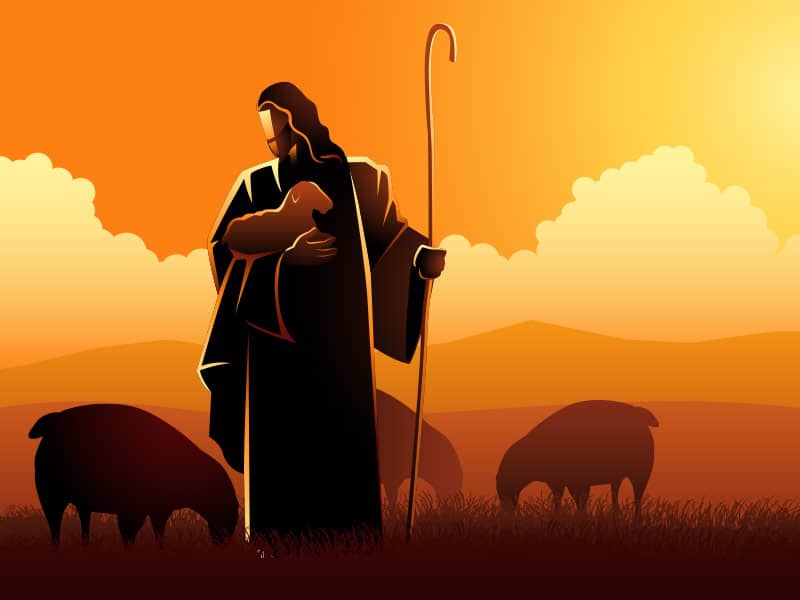Kung was the Roman Catholic Bishop of Shanghai, and Apostolic Administrator of Souchou and Nanking since 1950. Despite his advanced age, he retained these posts until his death. He was ordained a priest in 1930 and a bishop in 1949. He was the first native Chinese bishop of Shanghai.
Kung was elevated to the rank of cardinal by Pope John Paul II in 1979, while serving a life sentence in isolation in China. The nomination was made "in pectore," meaning that only the pope, and no other, not even Kung, was aware of it. The nomination was made public after Kung was freed from prison, on June 28, 1991.
Kung's story is that of a faithful shepherd and a heroic witness to his faith who refused to renounce his beliefs despite intense Chinese government pressure to do so. In the months leading up to his arrest in 1955, Kung refused offers of safe passage out of China to stay by his flock. His example of fidelity has been one of the lynchpins in the underground Catholic community in China. He become an international symbol of the fight for religious freedom.
Kung had only served five years as bishop of Shanghai before his arrest, which stemmed from his refusal to renounce his loyalty to the Vatican and instead join the communist leadership's officially sanction Chinese Catholic Patriotic Association.
In that time, he had already become notorious to the authorities for the respect and devotion he received from Catholics. In defiance of the Patriotic Association, Kung personally supervised the Legion of Mary, a lay group that promotes the veneration of the Virgin Mary. Hundreds of Legion of Mary members, including many students, were arrested and sentenced to 10 or more years of hard labor.
Despite these persecutions, Kung declared 1952 a Marian Year in Shanghai. For that entire year, there was a round-the-clock rosary held before a stature of Our Lady of Fatima, which was carried to all the parishes of the diocese. At the end of the "pilgrimage," Kung led the rosary at Christ the King Church as armed policemen looked on.
After the rosary, Kung prayed, "Holy Mother, we do not ask you for a miracle. We do not beg you to stop the persecutions. But we beg you to support us who are very weak."
Knowing his arrest was imminent, Kung trained hundreds of catechists to pass on the faith to future generations. The arrest finally came on September 8, 1955, when he and more than 200 priests and church leaders were seized.
Months after his arrest, he was taken to the dog racing stadium of Shanghai to publicly confess his "crimes." Thousands were present in the stadium as he was pushed to a microphone, hands bound behind his back, and wearing only Chinese pajamas. Instead of a confession, though, the authorities heard, "Long live Christ the King! Long live the pope!"
The assembled croud responded, "Long live Christ the King! Long live Bishop Kung!" The authorities quickly removed him from the scene.
In 1960, he was sentenced to life imprisonment. The night before his trial, the chief prosecutor offered him his freedom in exchange for his cooperation with the Patriotic Association.
Kung spent 30 years behind bars, much of it in solitary confinement. He was not permitted to receive visitors, letters, or money to buy essentials. In 1985, he was released from prison to serve another ten years under house arrest. After two and a half years of house arrest, he was officially relased, though he was never fully exonerated.
In 1988, his nephew, Joseph Kung, obtained permission to escort him to the U.S. for medical care.
Shortly before his release from prison, Kung was permitted to participate in a banquet in honor of Cardinal Jaime Sin of Manila. The authorities carefully separated the two so that Kung would not have direct contact with Sin. However, during the dinner, Sin invited each attendee to sing a song of celebration.
Kung chose "Tu es Petrus et super hanc petram aedificabo Ecclesiam meam" (You are Peter, and upon this rock I will build my Church) as a sign that he remained faithful to Rome.
When Pope John Paul II presented Kung with his red hat in the June 29, 1991 in the Vatican, the then 90-year-old Kung raised himself up from the wheelchair, put aside his cane and walked up the steps to kneel at the foot of the pontiff. Visibly touched, the pope lifted him up, gave him his cardinal's hat, then stood patiently as Kung returned to his wheelchair to the sounds of a seven-minute standing ovation from 9,000 guests.
Cardinal Kung spent the last 12 year giving interviews and homilies to call attention to conditions in the Catholic Church in China. As a result, in March 1998, the Chinese government officially cancelled his passport, making him an exile from his homeland.

